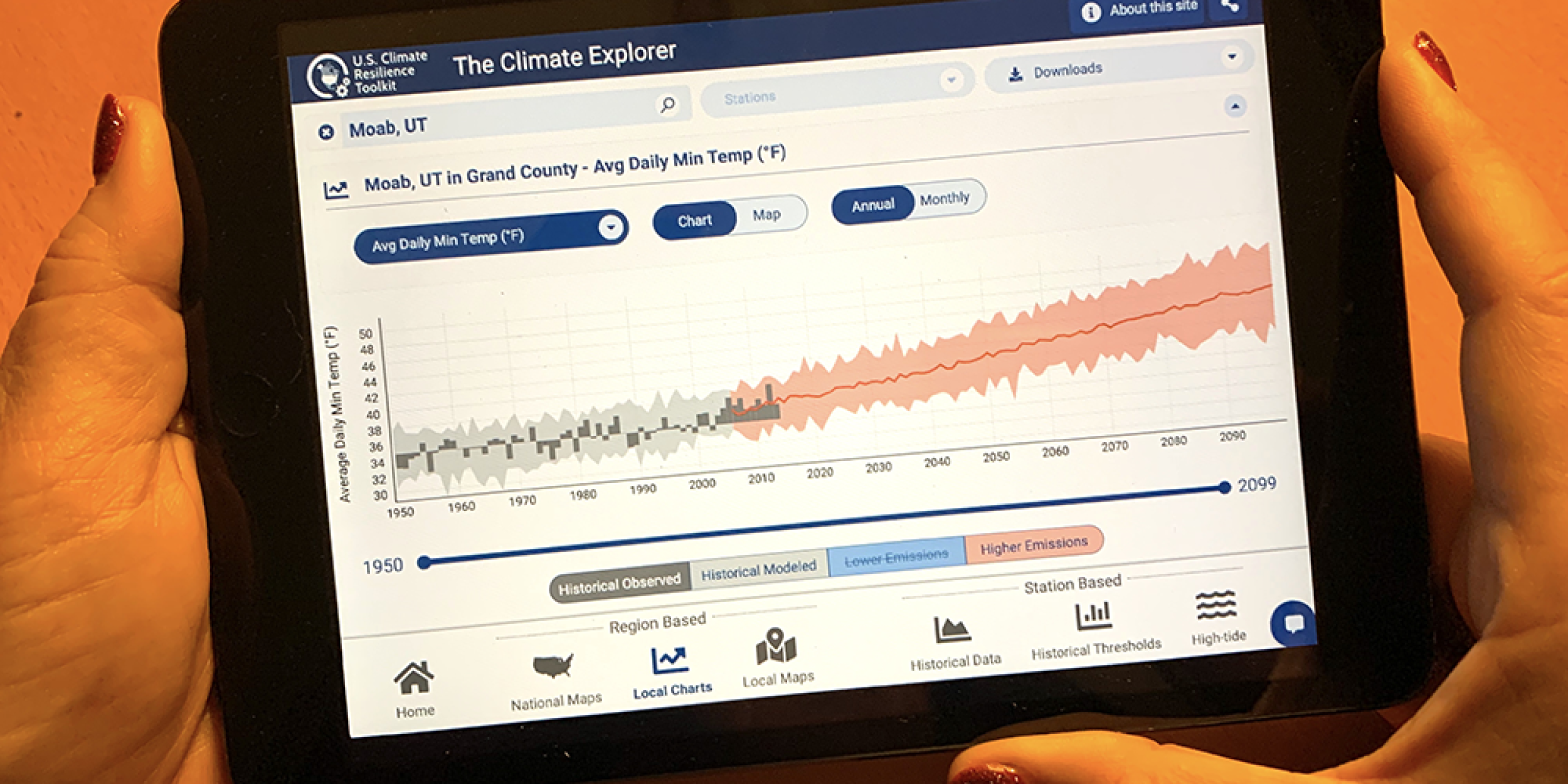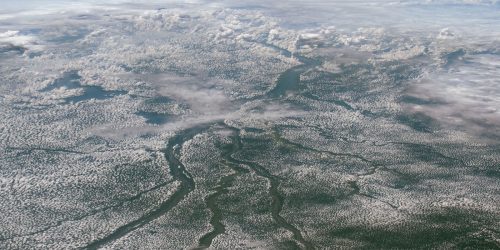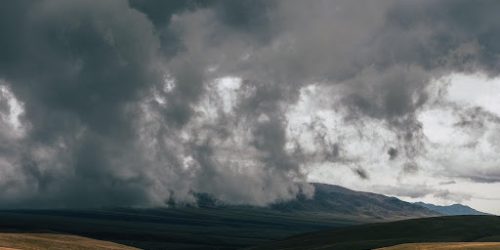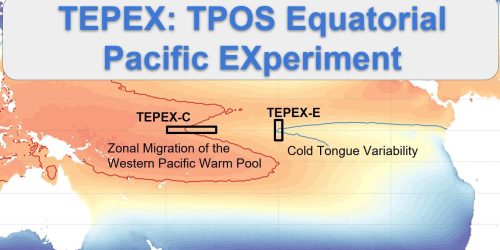An expanded and redesigned version of NOAA’s online, open-source Climate Explorer tool was released today to improve support for local planners, policy leaders, and facility and resource managers. The tool gives people a way to explore conditions projected for their locations in the coming decades.
For years, the tool has provided easy access to decision-relevant climate variables — both historical observed and projected future data — for every county in the contiguous United States. Now the tool also offers data for Alaska’s boroughs and will soon expand again to include Hawai’i and U.S. island territories.
“The Climate Explorer has been used by city and county officials as well as consultants to support their long-range plans to build climate resilience,” said David Herring, Communications Division Chief within NOAA’s Climate Program Office. “Last year, my team solicited users’ feedback about the tool to help us consider whether and how we could improve it.”
In response to user feedback, the following changes were made in this new version:
- the tool is mobile-friendly, allowing tablet and smartphone users to check future climate projections for their locations;
- navigation has been streamlined to provide direct access to all six of the tool’s main features from a single screen, after a user enters a location of interest;
- new maps show projections of annual averages for diverse temperature and precipitation variables, as well as the four monthly averages used to represent each season;
- maps for all temperature variables now use the same color palette, so users can compare maps of historical and projected conditions across seasons and decades (from 1950-2100); and
- charts showing projections from two climate models runs for a higher emission scenario (RCP8.5) are now available for all boroughs in Alaska (except Aleutians West, which is coming soon).
Development of NOAA’s Climate Explorer tool is funded and managed by NOAA’s Climate Program Office, with guidance and expertise provided by a team of climate scientists and modeling experts in the EPA, NASA, NOAA, and the U.S. Geological Survey, chaired by U.S. Global Change Research Program.
Check out the new version of the Climate Explorer >>










